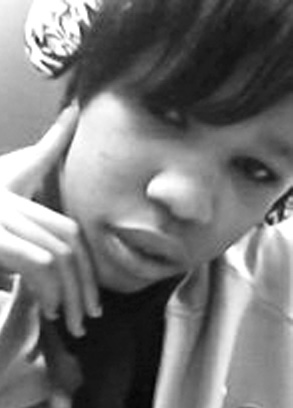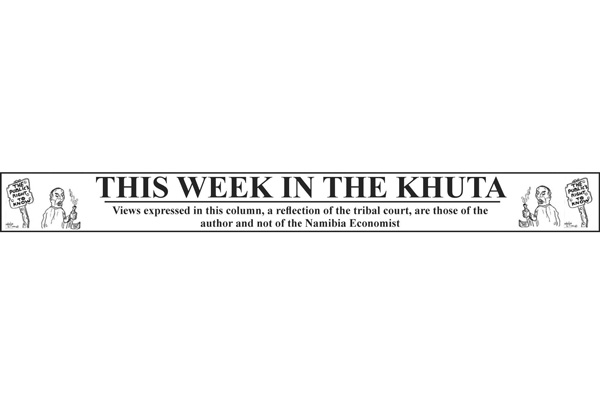
The prophets thoughts for a profit in return

It’s early Sunday morning, everyone seems to be up early and the Damara/Nama radio station is blasting with christian songs and sermons. I tiptoe into the living area and inconspicuously turn off the stereo and turn on the Investigation Discovery Channel, the chain reaction usually involves my mother throwing dagger like glares at me as she shakes her head and turns the radio back on, with extra volume nogals.
More than 85% of Namibians claim an affiliation to Christianity, which leads to the assumption that this would generate a particularly strong moral society, which is good. Religion, rather than creating a robust, ethical social fabric, appears to be failing dismally. As I scroll through social media and different channels I have observed people reading on self-styled leaders who are accorded near-divine status, urging their followers to participate in unorthodox activities.
These followers blindly trust some pastors’ preposterous claims of miracles, they buy “holy oil” guaranteed to cure all manner of diseases like HIV. These are dangerous untruths and give rise to fear and superstition. I have been perusing through a lot of theology and religious doctrines of different faiths, to raise my consciousness on the subject, however I have observed that there is a rise in Pentecostal and Zionist churches in modern society.
Believers are drawn mostly from poor, dispossessed and semi-literate communities, where the authority of religious leaders is not questioned. Perhaps the immense mushrooming of this churches reflect on the desperate economic and societal ills people experience in informal settlements, they search for spiritual meaning and for solutions within this religious institutions.
The fundamental argument to Pentecostal beliefs is based on a personal relationship with God through the Holy Spirit. Followers display the phenomena associated with the Spirit, such as speaking in tongues, experiencing visions and miracles, especially of healing, and manifesting “signs and wonders”. The manifestation of God’s blessings in bodily wellness and the getting of material wealth has resulted in the rise of the so called “prosperity gospel”, with the church leaders sporting flashy clothes as their daughters stride beside them with six-inch heels, and one can usually get a whiff of their their Bulgari Femme perfume as they walk past.
To be honest, this puzzles me, Namibia is a secular constitutional democracy, this appears to be misuse of religion, in effect offering bribes of religious rewards to those who support prophets, or their church. I would postulate that then material riches such as grand houses, elegant clothing are intertwined with religion, if one prospers, then perhaps one is blessed.
Did Jesus exhort his disciples to seek material wealth? Christian theology actually teaches quite the opposite on this, it’s rather communistic, it teaches mercy, sharing and peace. Preachers or prophets who accumulate huge wealth, are unable to offer consistent, ethical teaches to their congregations.
Instead they offer exorcisms for apparent supernatural causes of distress, which is unlikely to stimulate ethical or social regeneration. Authentic religion offers guidance and support to strive for spiritual goodness, it’s beyond monetary wealth, it’s immortality derived from the good within one.











































